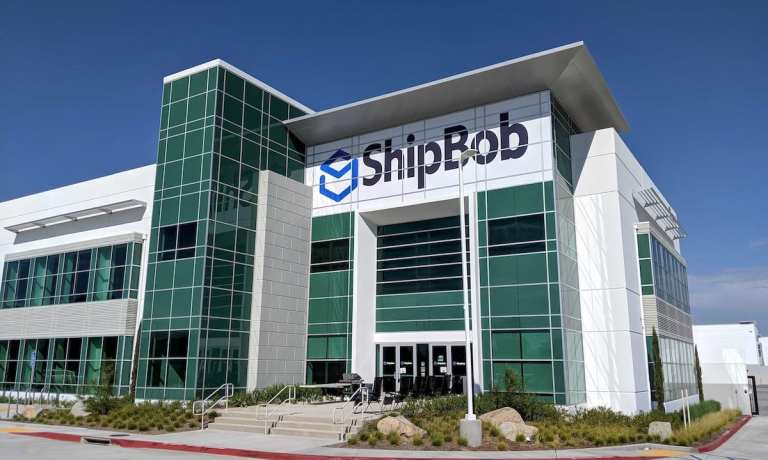Global Fulfillment Startup ShipBob Notches $200M Series E

Global eCommerce fulfillment startup ShipBob has raised $200 million in a Series E funding round led by Bain Capital Ventures, with participation from previous backers including SoftBank, Menlo Ventures, Hyde Park Venture Partners, Hyde Park Angels and Silicon Valley Bank.
“The fastest-growing eCommerce brands recognize that world-class fulfillment increases revenue and builds customer loyalty,” Ajay Agarwal, partner at Bain Capital Ventures, said in a ShipBob blog post on Tuesday (June 29).
A member of ShipBob’s board of directors since June 2017, Agarwal added that top brands are teaming with ShipBob to leverage its “one-stop cloud logistics platform” for delivering merchandise to people worldwide.
ShipBob plans to use this fresh infusion of funds to scale its fulfillment offerings to more brands of all sizes and across more countries. In addition, the Chicago-headquartered startup is working to expand its software and enhance its omnichannel capabilities, Dhruv Saxena, CEO and co-founder of ShipBob, said in the blog post. The company also indicated that it will continue advancing its warehouse management software (WMS), which powers the company’s 24 fulfillment centers across five countries.
“This tight integration of our merchant-facing software and WMS allows our merchants to take advantage of the growing number of locations in the ShipBob network and place inventory closer to their end customer,” Saxena added.
ShipBob now works with over 5,000 eCommerce businesses and has expanded app store integrations to almost 40 from 15. Since its Series D round in September 2020, the company’s network of fulfillment centers expanded to 24 from 10.
ShipBob recently teamed up with Walmart to offer two-day shipping and fulfillment services to the retail giant’s marketplace sellers. Established in 2014, the company was launched by Saxena and Divey Gulati, and had raised more than $130 million in funding as of May.
In an October 2020 interview with PYMNTS, Saxena said that ShipBob gives small to mid-size businesses the same logistics infrastructure as bigger eCommerce retailers like Amazon and Walmart.